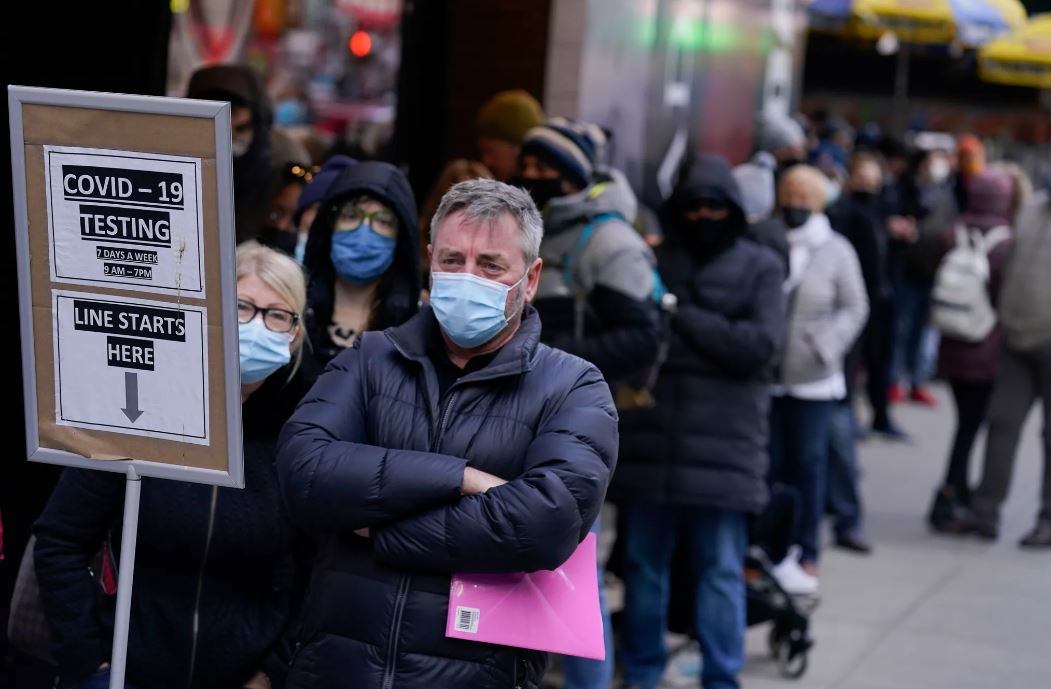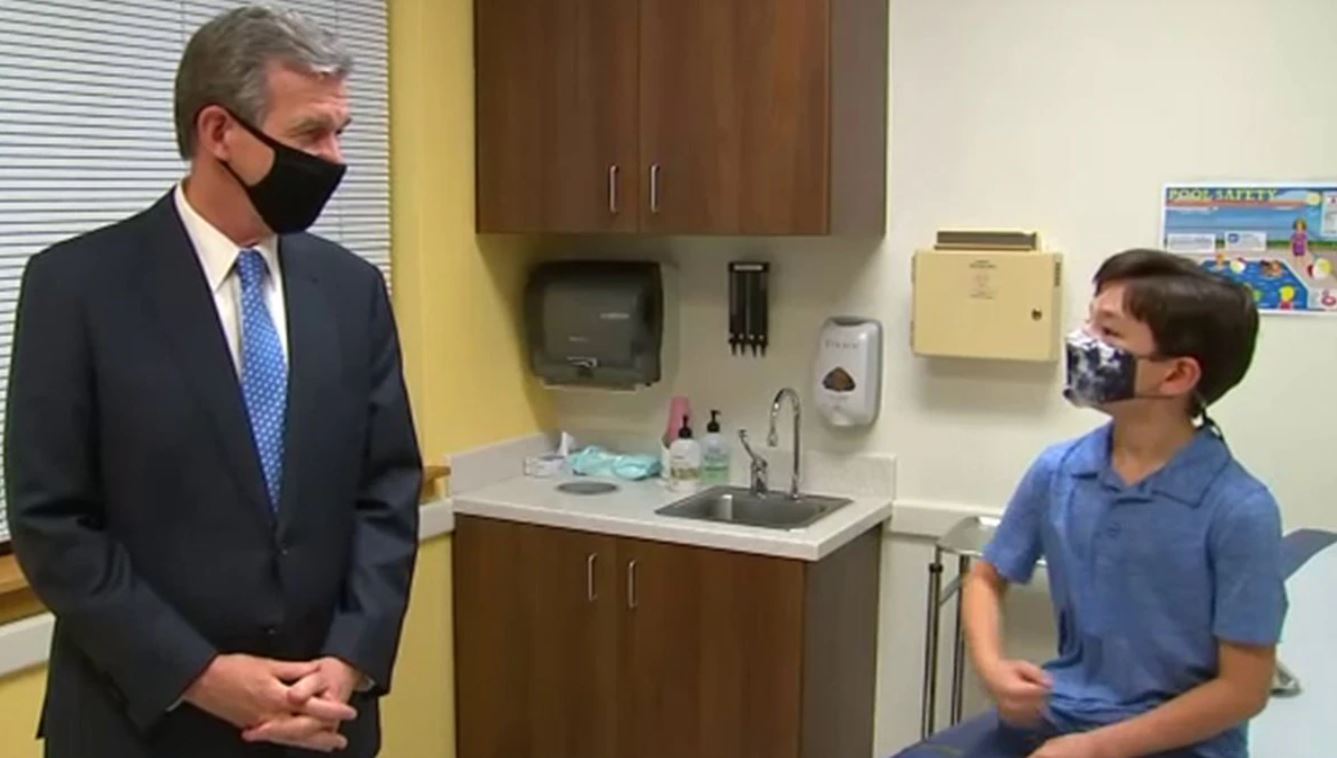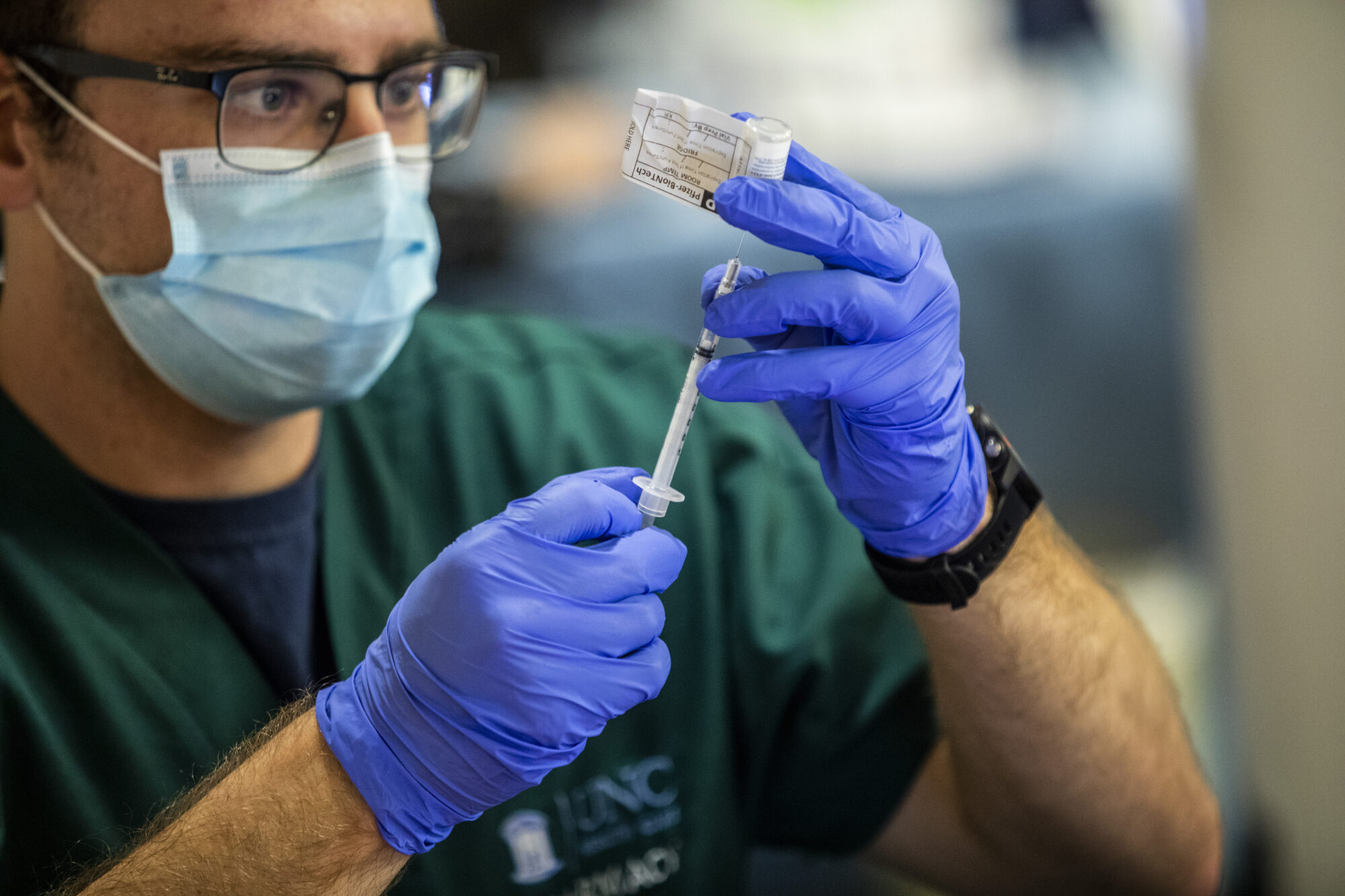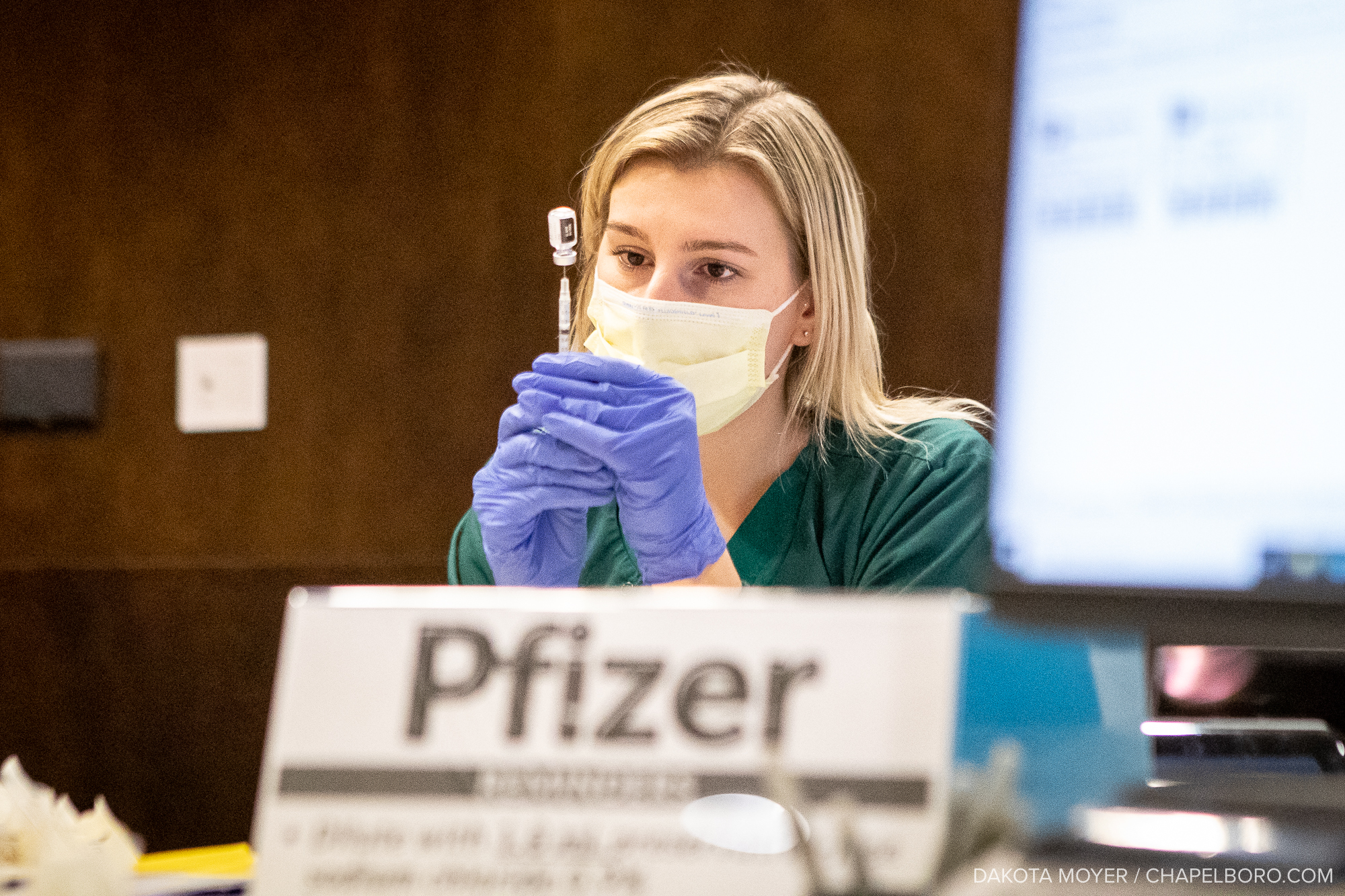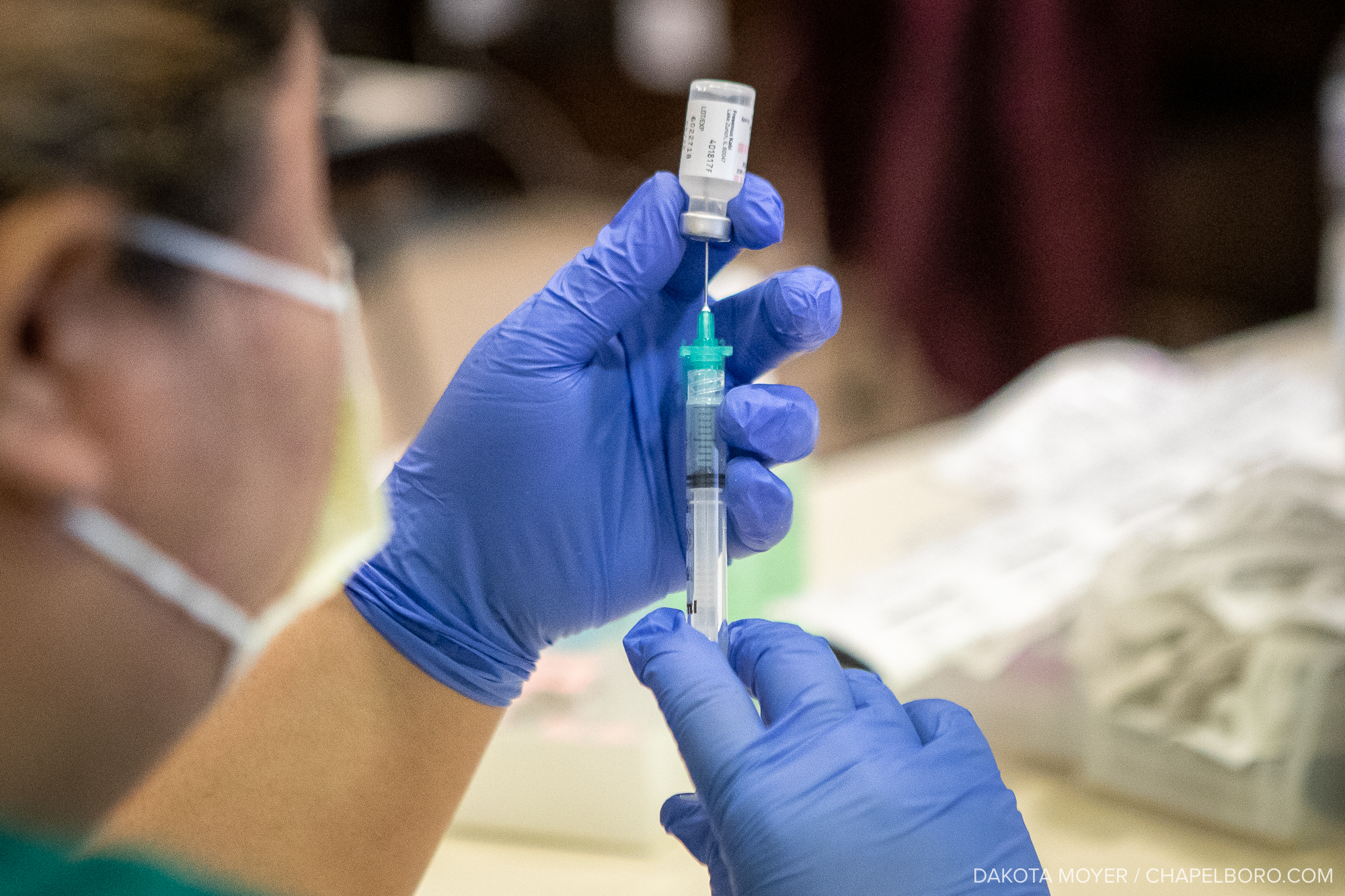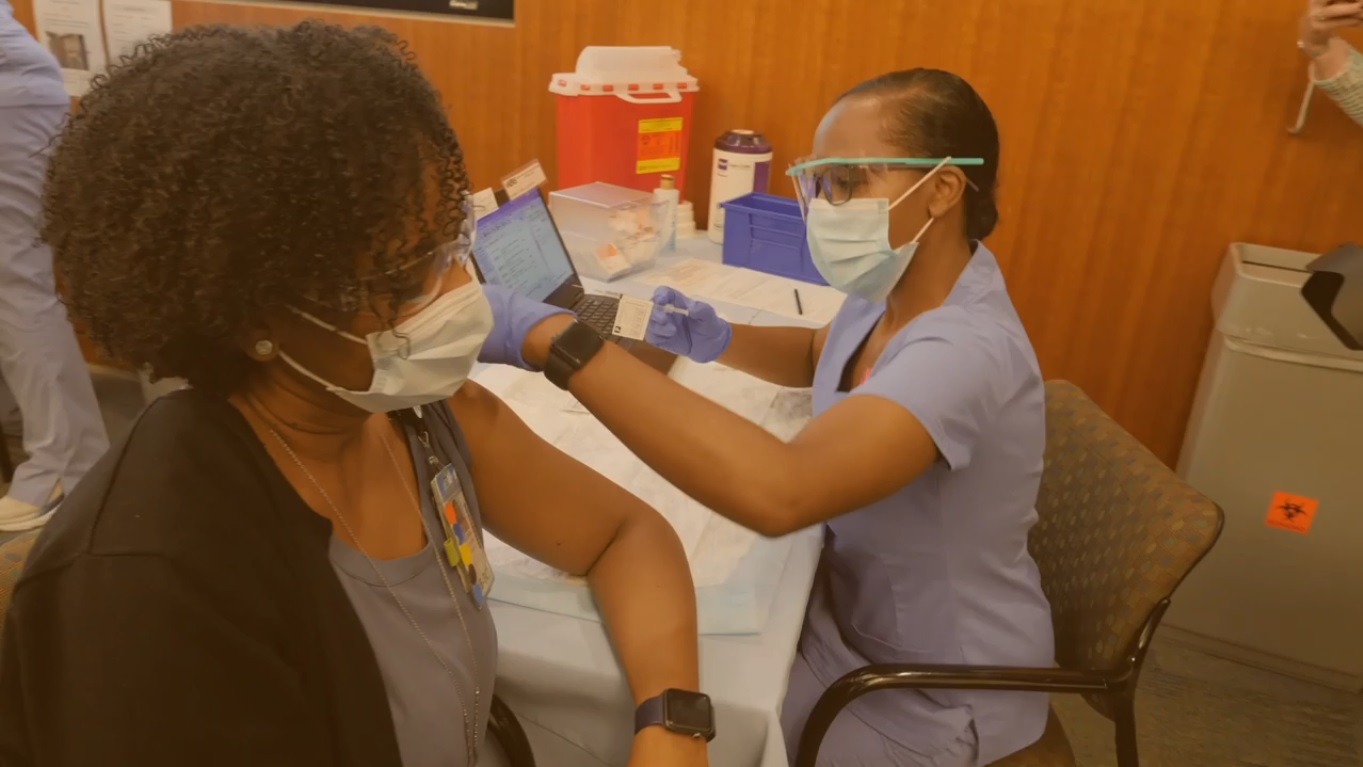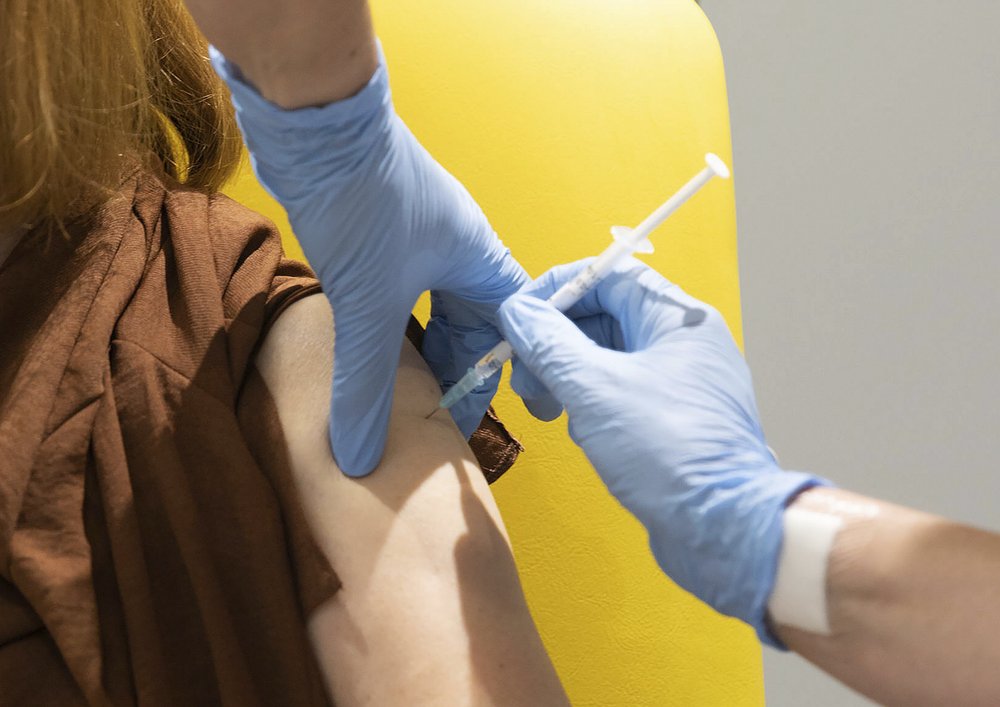Nearly one week ago, President Trump announced that he had tested positive for COVID-19.
Since then, questions have been raised about not only the severity of the coronavirus, but also the effectiveness of current therapeutic drugs on the market.
Dr. David Wohl is a professor of medicine at UNC and an infectious disease expert. He leads the Respiratory Diagnostic Center at UNC’s Medical Center, testing hundreds of patients a day for COVID-19. Wohl is also the principal investigator of a study evaluating several promising treatments for the coronavirus.
In light of President Trumps COVID-19 diagnosis and subsequent treatment plan, Wohl said the newfound attention regarding therapeutic treatments is well deserved. He said while a lot of time has been well-spent thinking about vaccines, having the conversation include treatment is going to be incredibly important moving forward – especially as new experimental drugs continue to make headlines.
While being treated at Walter Reed Medical Center, Wohl said Trump has been treated with a combination of three different therapeutics.
“One is Remdesivir – it’s an antiviral drug that’s administered intravenously for five days,” Wohl said. “We use this all the time. It’s standard of care here [at UNC] and across the U.S. In addition, he got Dexamethasone. Dexamethasone is reserved for some of the sickest patients. Those are individuals who we really feel could benefit from an anti-inflammatory drug, because Dexamethasone has been around since the fifties and calms down the immune systems response to COVID-19.”
Both of these therapeutics are readily available to the public at established medical facilities, including at UNC. However, Wohl said the third therapeutic that the president has received is still in its experimental phases and is scarcely available to the public outside of controlled clinical trials.
“The experimental therapy that the president received is the Regeneron cocktail of monoclonal antibodies,” Wohl said. “This is a class of drugs – it’s not just one particular agent – and so monoclonal antibodies are copies of antibodies that survivors of an infection have made, and that in the lab look really good at neutralizing the pathogen.”
Wohl said some COVID survivors make great antibodies against the virus. In these cases, the survivor’s antibodies are copied in labs, like Regeneron Pharmaceuticals’, and administered to the infected.
“So there’s two different antibodies in the cocktail that the president received from Regeneron,” Wohl said. “They both target different parts of the same protein on the virus surface that allows the virus to enter into cells.”
While Trump’s diagnosis has shined a light on the mainstream and experimental therapeutics currently available, Wohl said the president’s language regarding his COVID-19 experience is detrimental to the nation’s public health.
“The president got an extraordinary kitchen sink of therapeutics and we don’t know which ones worked or if they worked completely,” Wohl said. “Anyone who is doubting that this is real, we should think about how do we get you into our ICUs to see people hooked up to breathing machines. How do we show you people who are having care withdrawn because there’s nothing else to do and they die.”
To provide some background, Trump announced early Friday morning that he and the First Lady had tested positive for the coronavirus, whereas he was taken to Walter Reed Medical Center Friday evening. Nearly 72 hours after he first arrived as a patient, Trump departed Walter Reed Monday evening, tweeting that he was “FEELING GREAT!” and telling his followers “Don’t be afraid of Covid.”
As of Tuesday, October 6, the North Carolina Department of Health and Human Services reported that North Carolina alone has had over 221 thousand positive cases of COVID-19 – including more than 1,500 new cases since the day prior. Currently, there are over 1,000 people hospitalized in the state.
Wohl said these current trends, amid the state and nation’s reopening, are not headed in the right direction.
“All of us are concerned about the trends,” Wohl said. “You have to really be in denial to not be concerned about where we are – not only in our state, but in our country, looking at the number of cases that we’re still seeing. We’re still seeing people die – as you know – and I see it every time I’m working in the hospital in the Intensive Care Unit.”
To learn more about the number of COVID-19 cases in our community, click here. To find out how you can help, click here.
Photo via Associated Press/Alex Brandon.
Chapelboro.com does not charge subscription fees. You can support local journalism and our mission to serve the community. Contribute today – every single dollar matters.


